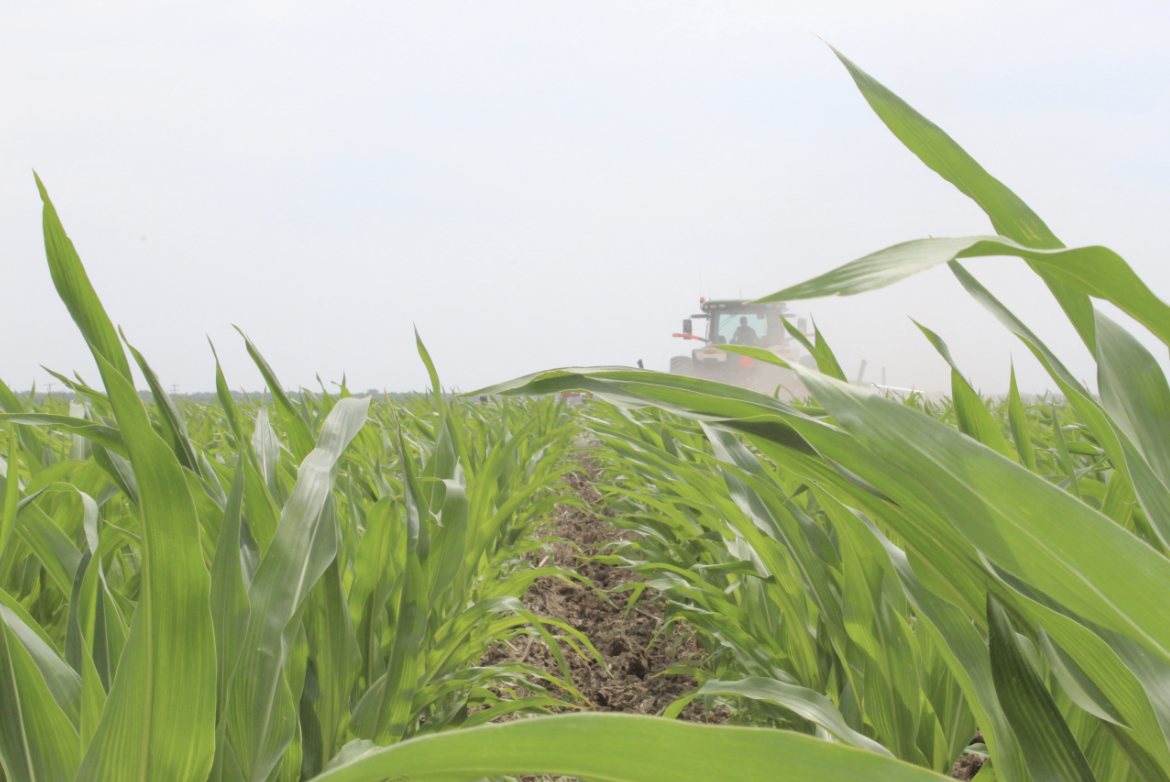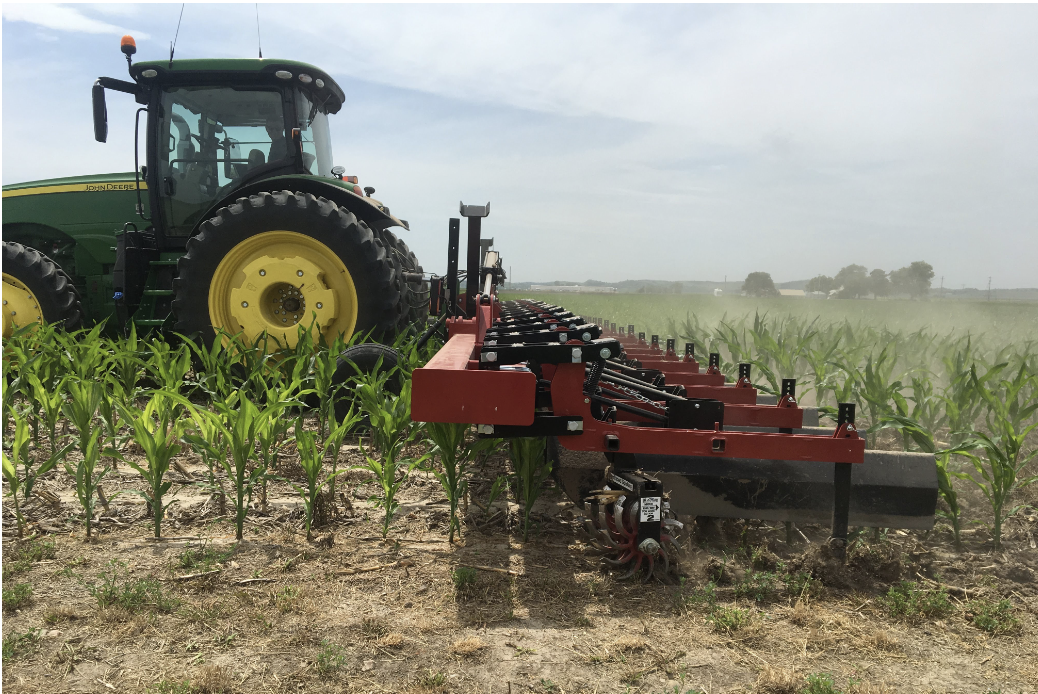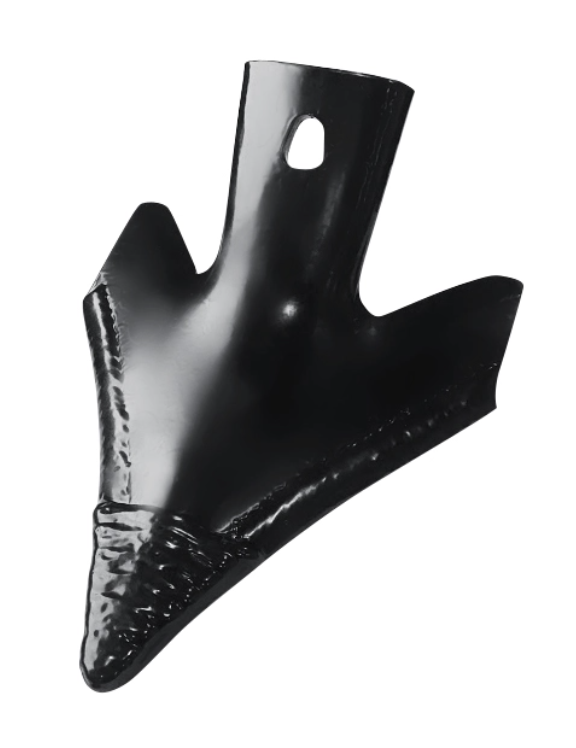It’s the most wonderful time of the year – but what if it isn’t?
Farmers are at the centre of everything our nation holds dear about the festive season. The snowy countryside scenes, the cosy farmhouse kitchens, the mountains of delicious, home-cooked produce.
But the reality of Christmas on the farm can be a whole lot bleaker than the nostalgic, greetings-card image we’re all familiar with.
Falling right in the middle of winter, on the eve of taxation season, the festive season brings with it a unique set of practical and financial challenges for farmers.
Long, dark days and cold temperatures can make outdoor work seem more arduous than usual. Bad weather can cause problems with machinery and equipment, while livestock are more prone to sickness during the winter months. Bills rise as the farm’s energy demands increase, and incomes are stretched thin by the cost of buying gifts and hosting family gatherings.
By the very nature of their job, farmers tend to suffer more from social isolation than people who work in ‘normal’ jobs. Add to this the usual tensions – the family fall-outs, the empty chair around the dinner table – and it’s no wonder that farmers are more prone to stress and mental health problems, especially during the festive season.
Farmers are in crisis
Research shows that farmers in the US are at greater risk of suicide than any other occupation, with a rate 1.5 times the average. This frightening statistic has prompted a movement to do more about mental health among farming communities – we’ve linked to some organizations that can help at the bottom of this blog.
As part of those communities, there are things we can all do to try and ease the burden on our farming colleagues and their families over the festive season, and all year round. There are also some important self-help steps farmers can take to look after their mental health. Here are some tips and ideas to try:
1. Reach out to your farmer friends
Social isolation is a major contributing factor in farm stress and poor mental health among farmers. Farm workers are perceived as ‘gruff and tough’, able to work without rest or complaint all year round – but this is a harmful stereotype that can prevent struggling farmers from reaching out for help. While the physical work of farming means you might not see your farming buddies very often, technology means it’s easier than ever to check in. Talking about the challenges you’re facing doesn’t just lighten the load for you – it encourages others to voice their concerns and stresses too. So drop the tough guy act and send a message, pick up the phone – or better still, grab a beer and a chance to talk as often as you can.
2. Prioritise downtime
When it comes to hard work, farmers have nothing to learn. Working from sun up to sun down in all weathers, and turning your hand to any task just comes with the territory. But one thing farmers are terrible at is taking time off – and yet this is crucial for mental wellbeing.

Of course, we’re not suggesting a week in the Florida Keys. Farm work is relentless and hiring help is expensive. But recognizing that downtime is a vital investment in your health, your family and ultimately, the security of your business, is an important first step. Try to ringfence times in the week when you are ‘off’, and don’t tackle jobs during these times unless absolutely necessary. Make time to have dinner with the family. Prepare in advance of the festive season so that work can take a back seat on key dates. And don’t be afraid to ask for help – family and friends will be happy to pitch in if it means getting to spend quality time with you on special family days.
3. Get support with finances
Farmers are some of the best bookkeepers around. You’re undoubtedly accustomed to managing finances, keeping on top of bills and taxes and planning ahead for rainy days. You’re probably also intensely private about your farm finances and reluctant to ask for help if money is becoming a source of stress.
But a problem shared is a problem halved – and in the current financial climate, there’s no shame in admitting that you need some extra help. There are many professional organizations out there who are trained to help with complex financial issues including farm financial analysis, tax and succession planning, debt analysis and credit mediation. These organizations can help you come up with a plan to maximize profitability, manage credit/debt and spread the cost of overheads more efficiently. Speaking to a professional can go a long way towards easing the mental load, helping you to sleep easy at night.
4. You are what you eat
Mental wellbeing and physical health go hand in hand. Taking care of your body is one of the most powerful things you can do to stay resilient in the face of mental challenges. It goes without saying that you get enough exercise and spend plenty of time outdoors – but factors like diet could be impacting on your health.
Eating well for a farmer means getting plenty of nutrient dense food, rich in the protein your body needs to sustain activity for long periods of time. Lean meat and low-fat dairy, fresh fruit and vegetables and a good amount of pulses and legumes are a great basis. Staying hydrated throughout the day is important even in winter – and watch your alcohol consumption. Drinking to relax or to be able to sleep is common among farmers but carries risks for your mental and physical health.
5. Get enough sleep

Burnout culture in farming is a thing just as it is in many other office-based professions. But there are no prizes for running on the least amount of sleep – and in fact, not getting enough puts you at significant risk of accident and injury as well as depression. Most adults need 7-8 hours sleep per night on average to function well cognitively and emotionally during the day. If you find yourself forgetting things, feeling ‘foggy’ or experiencing low mood, lack of sleep could be the cause. Good sleep hygiene is vital for getting enough shuteye – allowing time to wind down before bed, avoiding too much screen time in the evenings, reducing your caffeine intake and avoiding alcohol can all help you to get a better quality sleep.
Don’t suffer in silence
If you or someone you know is in crisis, it’s important to reach out for professional support. Don’t suffer in silence – here are some helpline numbers:
- Farm Aid Hotline, 800-FARM-AID (327-6243) Monday-Friday 9-5pm ET
- National Suicide Prevention Lifeline, 800-273-TALK (8255) 24/7
- MidWest AgriStress Helpline, call or text 833-897-2474, 24/7





